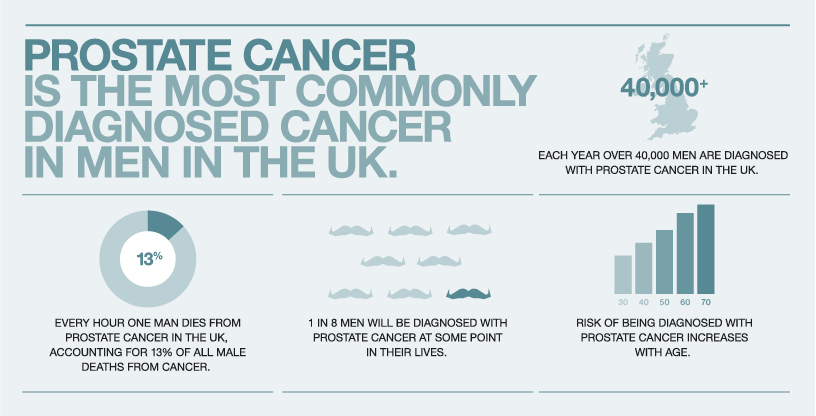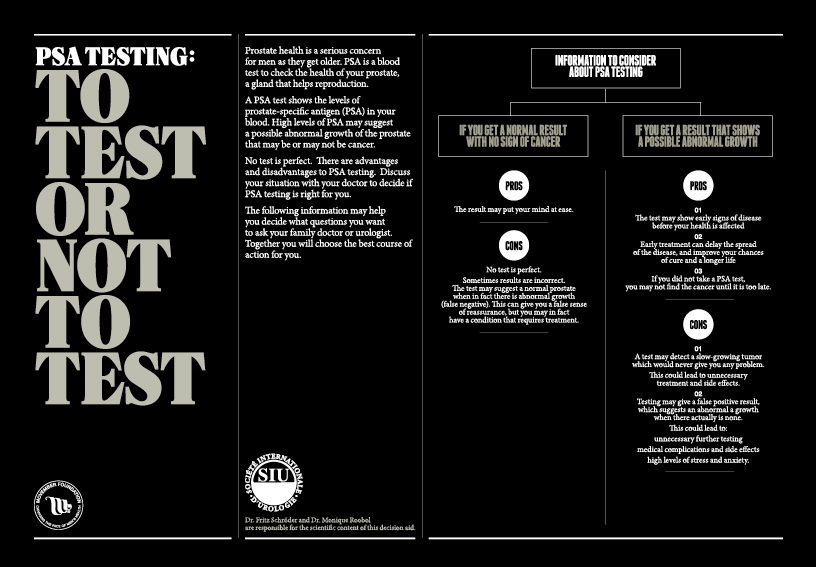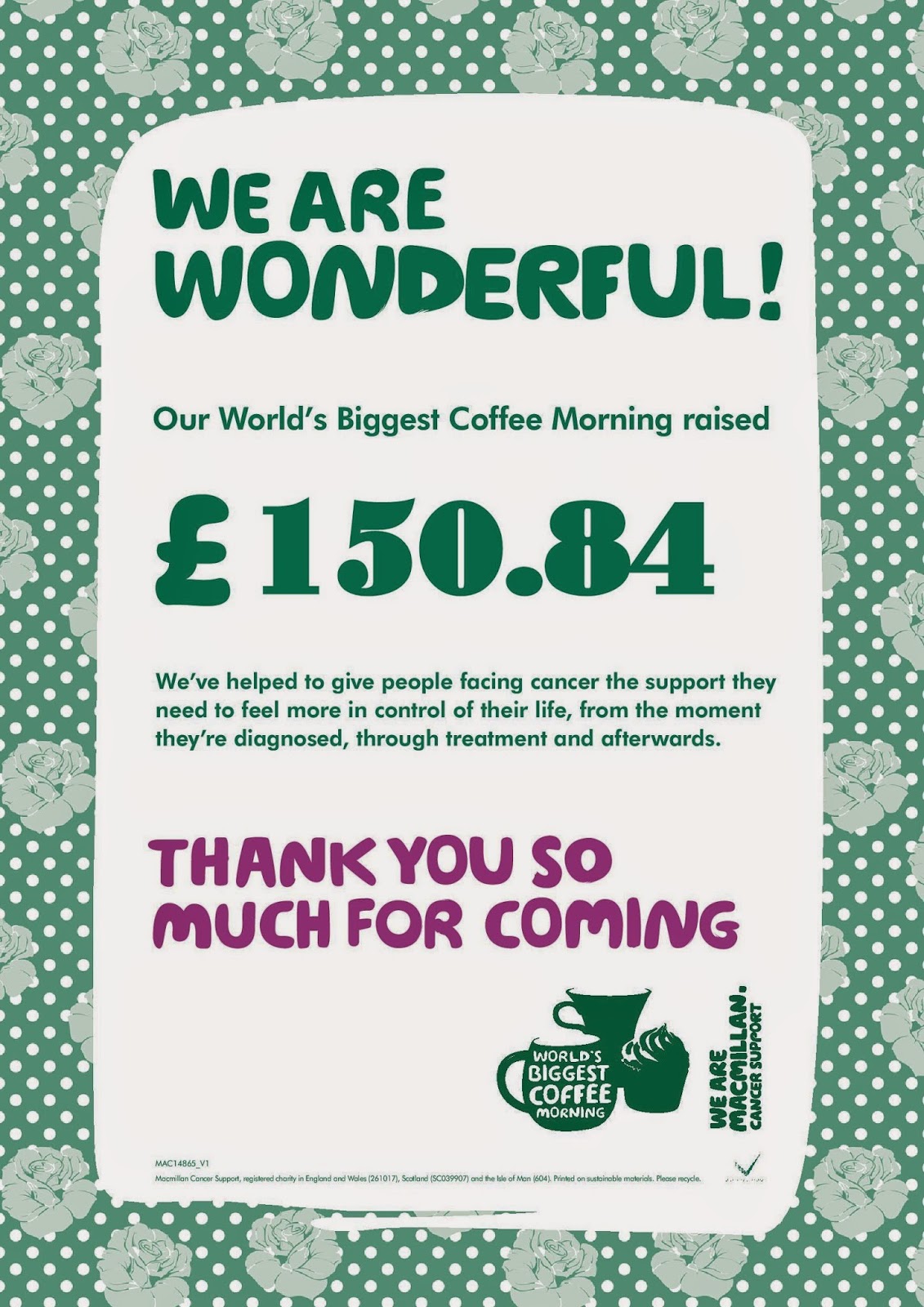THE HAIRY FACTS

OVERVIEW
WHAT IS THE PROSTATE?
Function
- Gland producing fluid that protects and enriches sperm
- Immediately below the bladder, in front of the bowels.
- The prostate is doughnut shaped and surrounds the urethra, the tube that carries urine from the bladder out through the penis.
- In younger men the prostate is about the size of a walnut.
- The nerves that control erections surround the prostate.
What is prostate cancer?
- Prostate cancer occurs when some of the cells in the prostate reproduce far more rapidly than normal, resulting in a tumour.
- If left untreated, prostate cancer cells may eventually spread from the prostate and invade distant parts of the body, particularly the lymph nodes and bones, producing secondary tumours in a process known as metastasis.
- One of the most worrying aspects of the disease is that most prostate cancers develop without men experiencing any symptoms in the early stages.
What are the risk factors?
- Gender: prostate cancer only affects men, as women do not have a prostate gland
- Age: the older a man, the more likely he is to be diagnosed with prostate cancer
- Family History: a man with a father or brother who developed prostate cancer before 60 is twice as likely to develop the cancer
- Ethnicity: increased occurrence in black African and Afro-Caribbean males
- Lifestyle: poor diet and lack of exercise
What are possible symptoms?
Note: the majority of prostate cancers have no symptoms, and it is really only advanced cancers that have spread throughout the prostate (and beyond) that cause urinary symptoms such as:
- Urinary issues (slow flow, hesitancy, frequency, urgency)
- Blood in the urine or semen
- Reduced ability to get an erection
- Painful ejaculation
TESTING
What tests are available?
The purpose of testing is to detect prostate cancer at its earliest stages, before the disease progresses.
There are currently two common tests available for initial detection:
- Physical Examination (DRE: Digital Rectal Exam)
- Blood Test (PSA: Prostate Specific Antigen)
The PSA blood test (PSA)
The PSA blood test looks for the presence of a protein in the blood that is produced specifically by prostate cells called Prostate Specific Antigen (PSA). The presence of an elevated PSA does not necessarily mean prostate cancer is present as there are other medical conditions that can lead to a PSA result outside the normal range. These include enlargement of the prostate (Benign Prostatic Hyperplasia or BPH) and inflammation of the prostate (prostatitis).
The Digital Rectal Exam (DRE)
The DRE involves the doctor inserting a gloved finger in the anus, where it is possible to feel part of the surface of the prostate. Irregularities include swelling or hardening of the prostate, or lumps on the surface that may indicate development of a tumour or other problems. The drawback to this test is that the doctor can feel only part of the prostate during the examination, so some irregularities may be beyond reach and therefore missed.
Results
If the results of the test are abnormal, your GP would refer you to a specialist (i.e. Urologist) to take a tissue sample in the form of a biopsy. A biopsy is the only way to determine if cancer is present. A doctor typically diagnoses prostate cancer after closely examining biopsy cells through a microscope and will inform you of the results.
To test or not to test?
Our recommendation is to discuss your situation with your doctor to decide if testing is right for you. Together, you can choose the best course of action. As an aid to having this conversation, we worked with the Société Internationale d'Urologie on a tool to help men and their families navigate the decision making process:

.jpg)